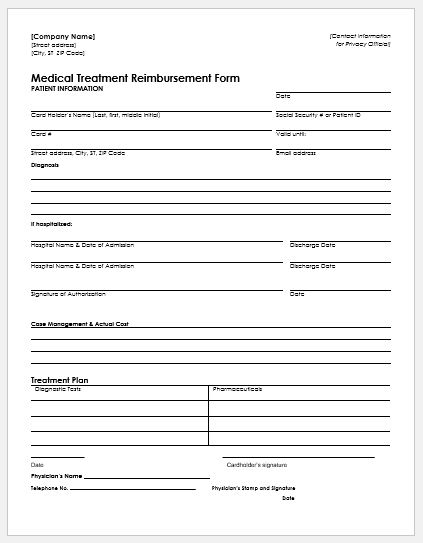

Inflating the amount charged for food and beverages is not allowed Food and beverages are purchased separately from the entertainment activity or separately stated from the cost of entertainment on the invoice, bill, or receipt.
#Unreimbursed employee expenses professional#
taxpayer’s customer, client, supplier, employee, agent, partner, or professional adviser, whether established or prospective)
#Unreimbursed employee expenses code#
TCJA amended sections of the Internal Revenue Code to completely disallow deductions for entertainment, amusement, or recreational expenses but other Code sections still allow a deduction for business meals.

Since 1986 Congress has considered business meals to be a form of entertainment, but as long as a bona fide and substantial business discussion took place, both business meals and entertainment expenses were deductible at 50% of the total cost. Meals & Entertainment Expenses under the Proposed Regulations Self-employed individuals can still deduct moving expenses related to business assets.A business can still deduct the amount paid to an employee for job relocation however, only members of the Armed Forces on active duty can deduct moving expenses on Form 3903 of their personal income tax return.Any reimbursement received from an employer for the cost of moving is considered to be a fringe benefit and taxable income to the employee.There are certain exceptions for spouses and dependents of active duty military personnel. moving household goods, personal effects and lodging) has been suspended through 2025 for all nonmilitary taxpayers. The deduction for moving expenses associated with permanently relocating for a new job (i.e.Employers should consider the negative impact that the new rules have on their employees’ bottom line and review their existing travel reimbursement policy or evaluate the pros and cons of establishing one.Businesses and self-employed individuals can still deduct eligible travel expenses on their business return or Schedule C.Typical unreimbursed expenses such as hotel costs, airfare, parking, mileage, and rental car fees were allowable deductions until TCJA suspended 2% miscellaneous deductions through 2025. Prior to 2018, unreimbursed employee travel expenses were deductible as miscellaneous deductions subject to a 2% adjusted gross income (AGI) limitation on the employee’s personal income tax return, Form 1040.Read on for a breakdown of key takeaways from the TCJA changes and how they may impact you. A taxpayer may rely on the proposed regulations and/or rely on interim guidance until the regulations are finalized.


Proposed regulations were released on February 21, 2020. Major changes to business meal expense deductions were initially introduced by the IRS without providing clear and comprehensive guidance, leaving business owners uncertain about what can be deducted against earned income. The Tax Cuts and Jobs Act (TCJA) of 2017 eliminated the entertainment deduction but kept the deduction for travel expenses generally intact.


 0 kommentar(er)
0 kommentar(er)
